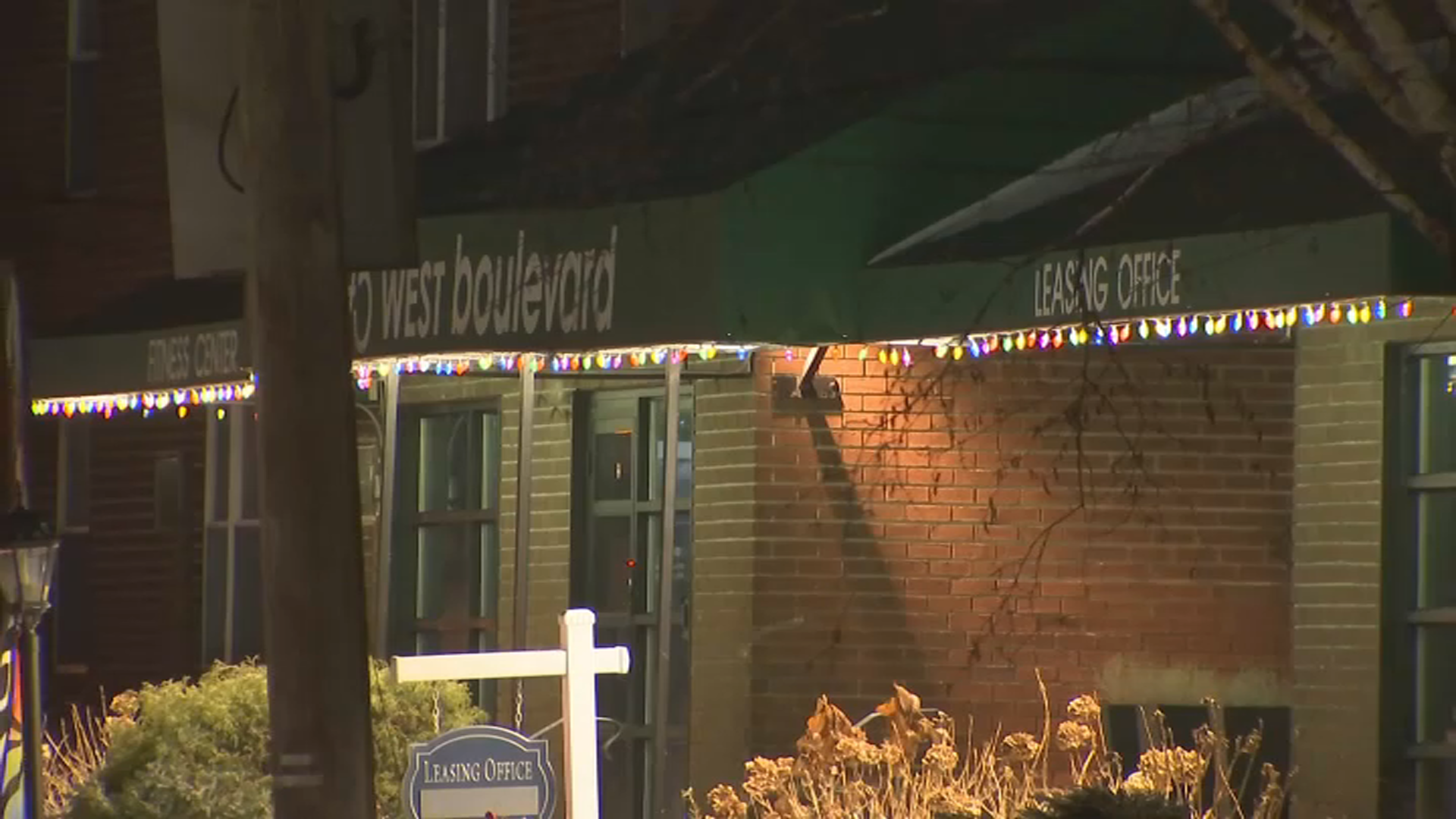Bloomfield Town Councilwoman Danielle Wong had to collect over 350 signatures to get her name on the ballot for Connecticut’s 15th House district after the party’s endorsement went to incumbent Bobby Gibson.
“We have had so many challenges getting face-to-face interaction,” said Wong, referring to the social distancing measures created by the coronavirus pandemic.
She described the safety precautions she took to get those signatures.
“I had big purple gloves and a big black mask. Had multiple pens. Folks would use their own pens, I had a clipboard,” she said.
She’s doing it again, this time to get out the vote for the August 11 primary.
“We rely on that door to door action,” Wong pointed out.
Mary Fay is no stranger to campaigning.
Local
“I’ve run four in four years,” said Mary Fay of her bid for various offices.
For now, she’s given up her tried and true method of knocking on doors.
“I hit more doors than anybody, ever. That's my thing,” she said.
The West Hartford councilwoman is now turning to technology with the help of her daughter Katie, a sixth grader, as she wages a campaign for Congress.
“I had to learn so much technology,” said Fay. “You have to reach people where they are.”
If Fay wins in August, she’ll face her former teacher and basketball coach, longtime Democratic congressman John Larson.
Fay said meeting people through a computer screen just isn't the same as going door to door.
"I love people. My campaign is about meeting all the communities and representing them,” said Fay.
“I am concerned that not going door to door is going to be problematic,” said David Rackliff, who is running unopposed for the 79th District in August. He’ll face State Representative Chris Ziogas in November.
Rackliff, a retiree, and former chief information officer for Bristol Hospital, has decided against door to door campaigning. However, he said his age won’t stop him from taking advantage of the technology at his disposal.
“We’re going to be doing a lot of Facebook and Instagram productions. We’re also doing peer to peer texting,” he said.
These days, Craig Stallings spends most of his time talking to voters through window screens as he takes his mobile campaign van through Hartford and Windsor.
“We can set up anywhere in any spot at any time, sort of like a pop-up,” said Stallings who is running for state House District Five.
Fundraising has also been a challenge in the poorer communities he hopes to represent.
"We had fish fries and had to socially distance, almost drive-by fish fries,” said Stallings.
This non-traditional primary has forced candidates to come up with alternative ways to campaign.
“It's really forced us to be extremely innovative,” said Rep. Brandon McGee, Stalling’s opponent.
McGee said this campaign is different than any other he has waged before. He says he’s spending more time using social media and text messages than door-to-door canvassing.
"It's challenging, to say the least. We still have seniors who are not familiar with texting,” said McGee.
Connecticut's broadened the use of absentee ballots for the primary because of the pandemic, which may also be extended to November's general election.
"I do think the pandemic is making a tremendous difference in how people feel about going to the polls to vote,” said Secretary of the State Denise Merrill.
Merrill pointed to a poll that shows 77% of Connecticut voters (55% of Republicans, 75% of Independents, 93% of Democrats) believe allowing all voters the option to vote by absentee ballot in November is critical to democracy and public health.
However, McGee points out the additional challenge that poses to candidates.
“Not only are you saying please vote for me, but we are also educating and reminding people, make sure you mail off your ballot,” said McGee.
That means campaigning for November will start sooner than usual, according to Rackliff.
"We're now gearing our campaign to be more focused in the August/September months rather than doing a lot in October," said Rackliff.
Only five to eight percent of Connecticut voters typically vote absentee according to Merrill, and this year state has one of the last primaries in the country.
When asked whether the pandemic and absentee voting will affect voter turnout, Merrill replied, "It's kind of a settled question. On the other hand, I've never seen people so fired up."
Wong knows she’ll have to pound the pavement and the information superhighway to have a chance in August, but she said the cause is worth the extra effort.
“It really is about representation. When you have only seven women of color currently sitting at the capitol out of 151, we lack representation,” said Wong.



